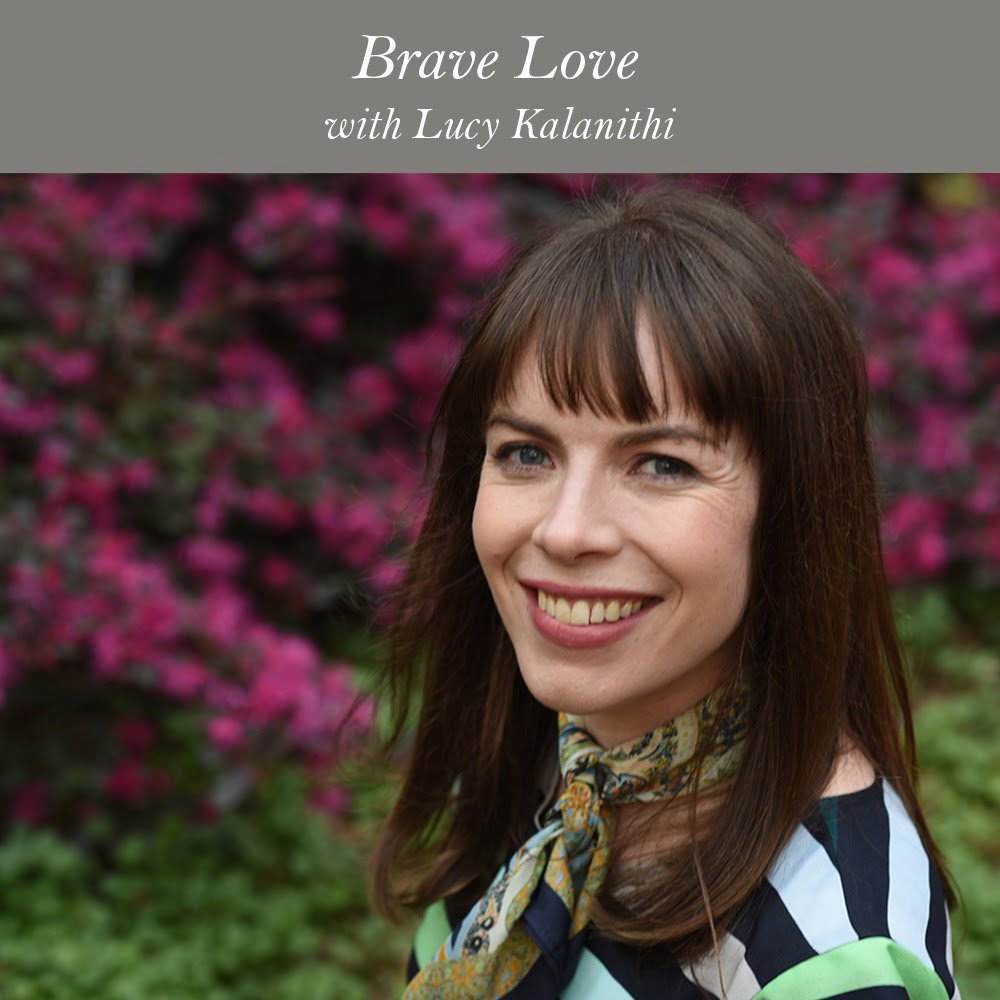Discussion Questions for Lucy Kalanithi: Costly Love

Listen to the conversation between Kate and Lucy, here.
1. With the knowledge of his terminal illness, Paul still chose to have a child with Lucy. He knew what it meant to “be alive,” Lucy reflects, and what it meant to have a profound experience that is full of uncertainty, pain, and beauty. Can you think of someone in your own life who embodies this sense of what it means to “be alive”?
2. When Paul realizes that he is dying, he gives Lucy permission to remarry. Kate and Lucy note that this demonstrates a love Paul had for Lucy as a whole person, beyond himself, and beyond their identity as a couple together. Do you feel that you have personally experienced this kind of holistic love in your own life? Who in your life do you need to love this way, and how can you do this?
3. Sometimes, love can be “costly.” When reflecting on this, Lucy recalls the work of author Emily Rapp Black, who lost her son to Tay Sachs Disease. Emily writes of her own experience of death and love by describing the pain as “the wages of mortal love.” Does this resonate with your own experience or is this a new perspective for you? Feel free to share a story or your honest reaction to the idea of costly love.
4. Lucy and Paul believed that love can make more things possible and invite more people in, despite the tragic. Their love brought forth a new life and member of their family, even in the midst of a terminal diagnosis. Can you think of a moment or a story in which love made beautiful things possible, despite all odds? Can you see an inviting and inclusive love at work in your community, even in a dire situation?
5. While it can be easy to wish for a different life or different circumstances, Lucy suggests that sometimes a jolting experience can wake us up to the beauty of the life we have and lead us recommit to what already exists. Do you agree with this or not? What experiences have you had that shapes this opinion?
6. Lucy shares that the book has been a vehicle for connection after Paul’s death and a helpful part of her grieving process. What is something you do that connects you to a loved one you’ve lost? Are their unique traditions around grieving in your family, faith tradition, or culture you can share with the group?
7. Lucy shares that the practice of having difficult conversations gave her the freedom to move on after his death without guilt. Have you had to have hard conversations with a loved one about end of life? Is this a topic that you can engage with relative ease or is it one you try to avoid? Be sure to grant yourself and others grace in these hard moments.
8. Lucy’s life, while full of love, is drastically different than she ever thought it would be. Is this true for you or someone you know? What does Lucy teach us about possible responses to life’s unexpected twists and turns?
9. Kate states at the end of the podcast that she is living in a 3-month liturgical cycle which forces her to make unusual calculations about how she should live and love. Do you have a cycle or rhythm to your own life like this? Are there positive and negative aspects of living this way?
10. Have you read When Breath Becomes Air? If so, feel free to share a particularly meaningful moment or idea with the group.
Discussion Questions written by Kilpy Singer (kilpy@katebowler.com).
Subscribe to Everything Happens wherever you listen to podcasts.


